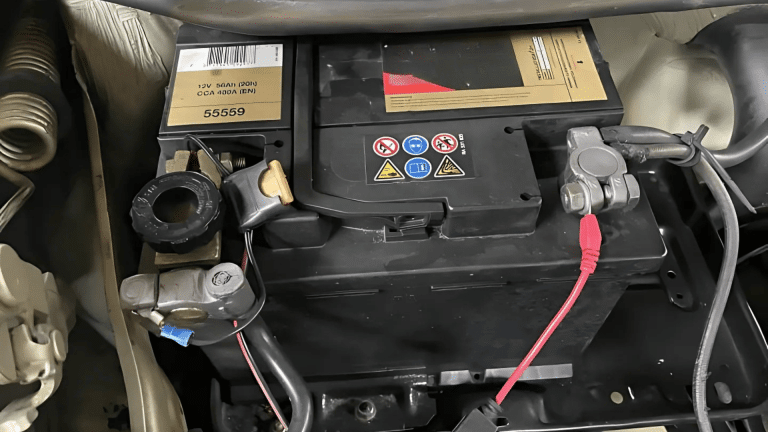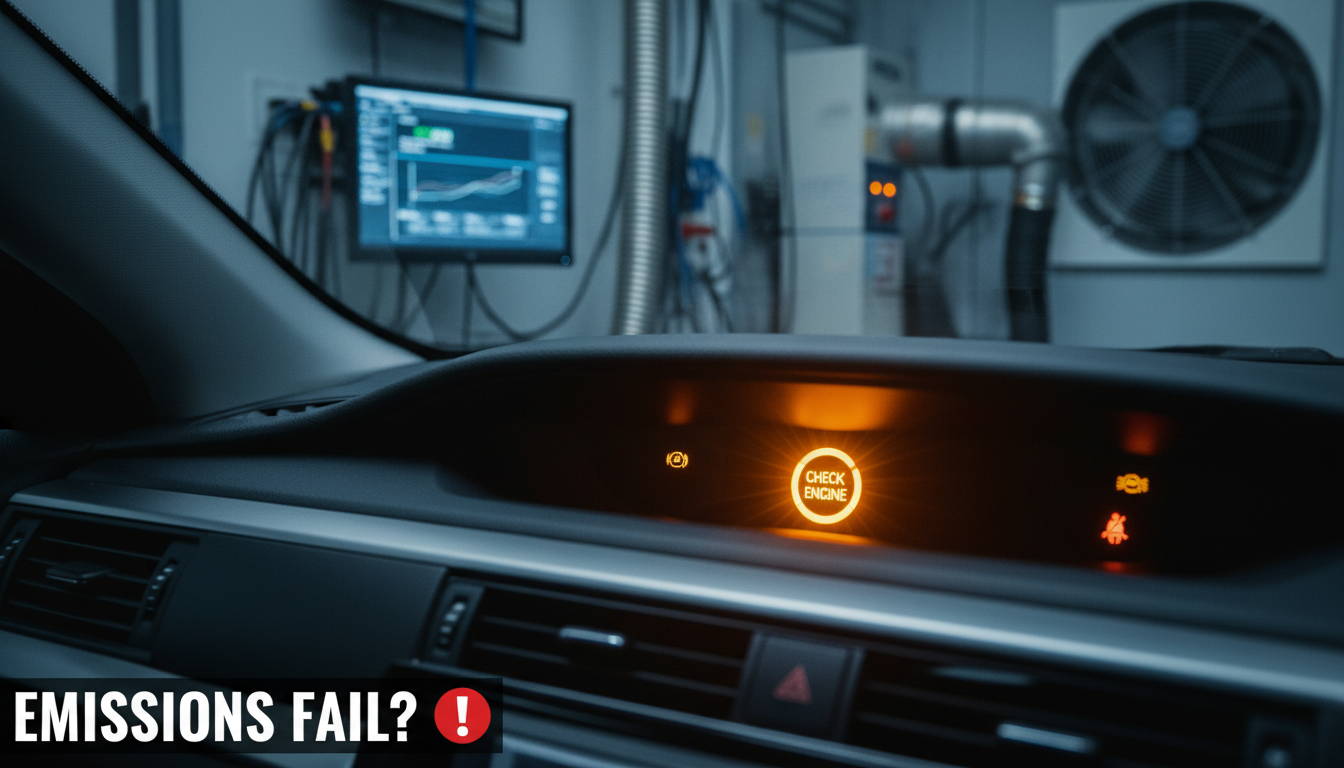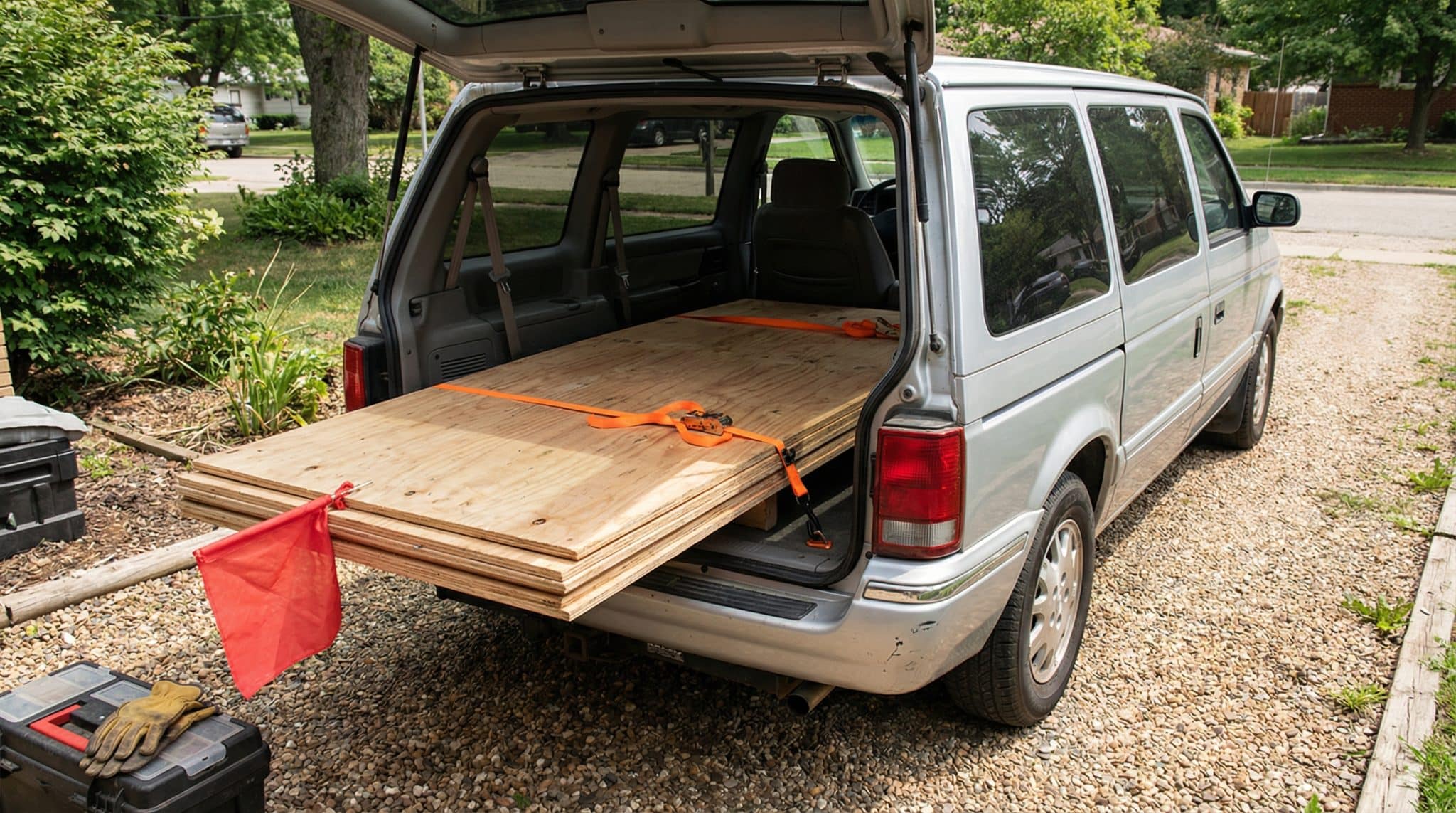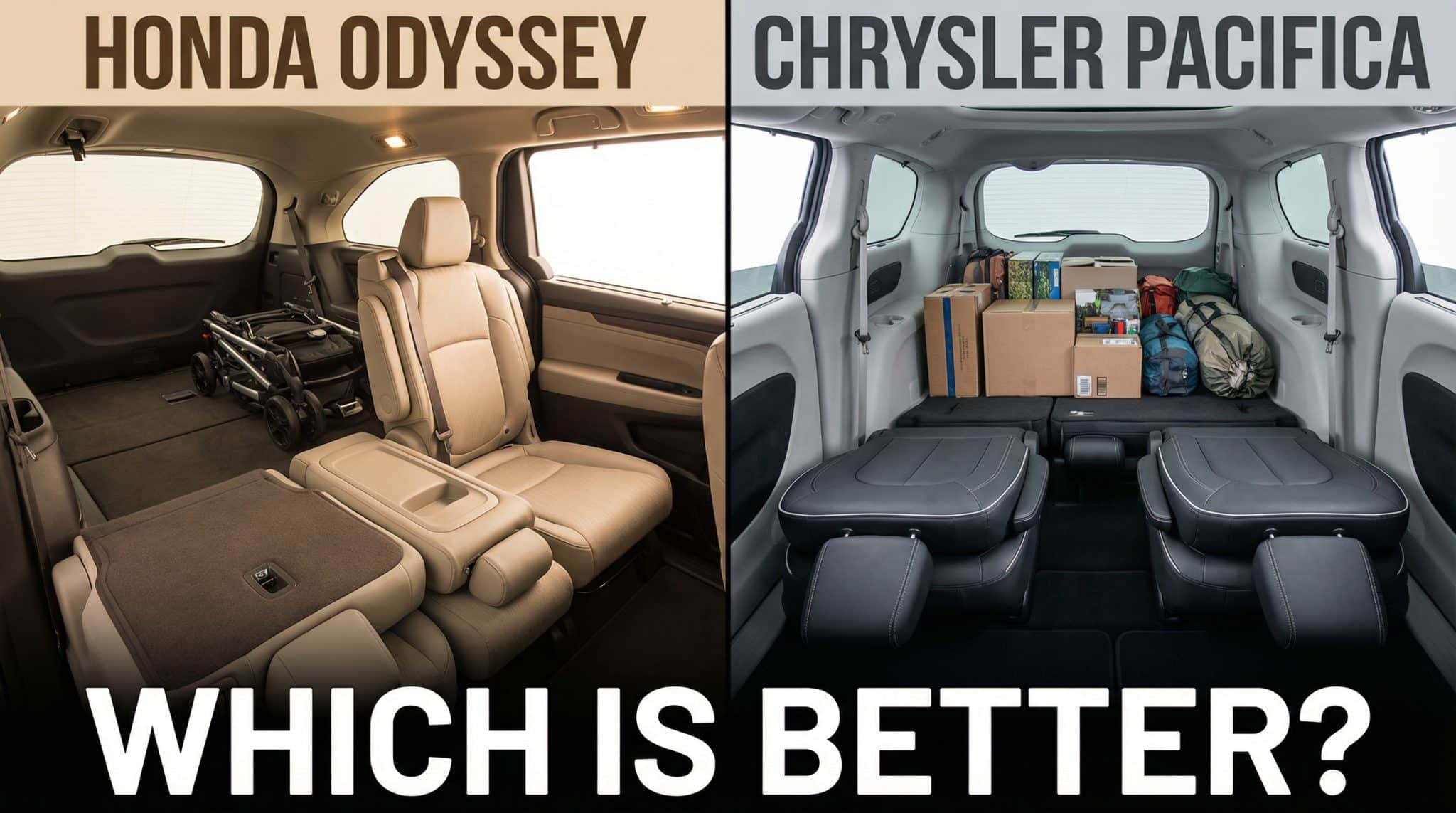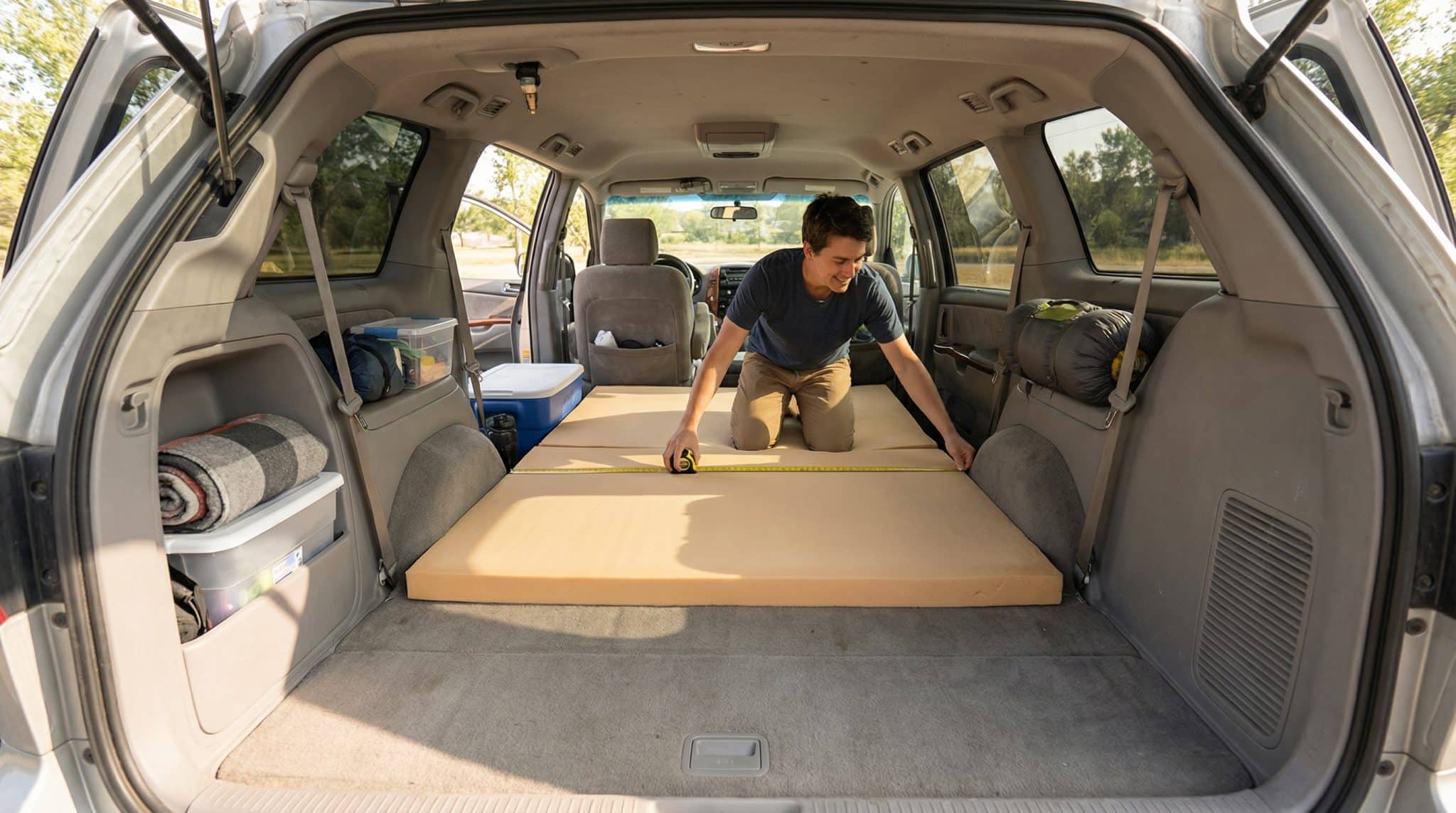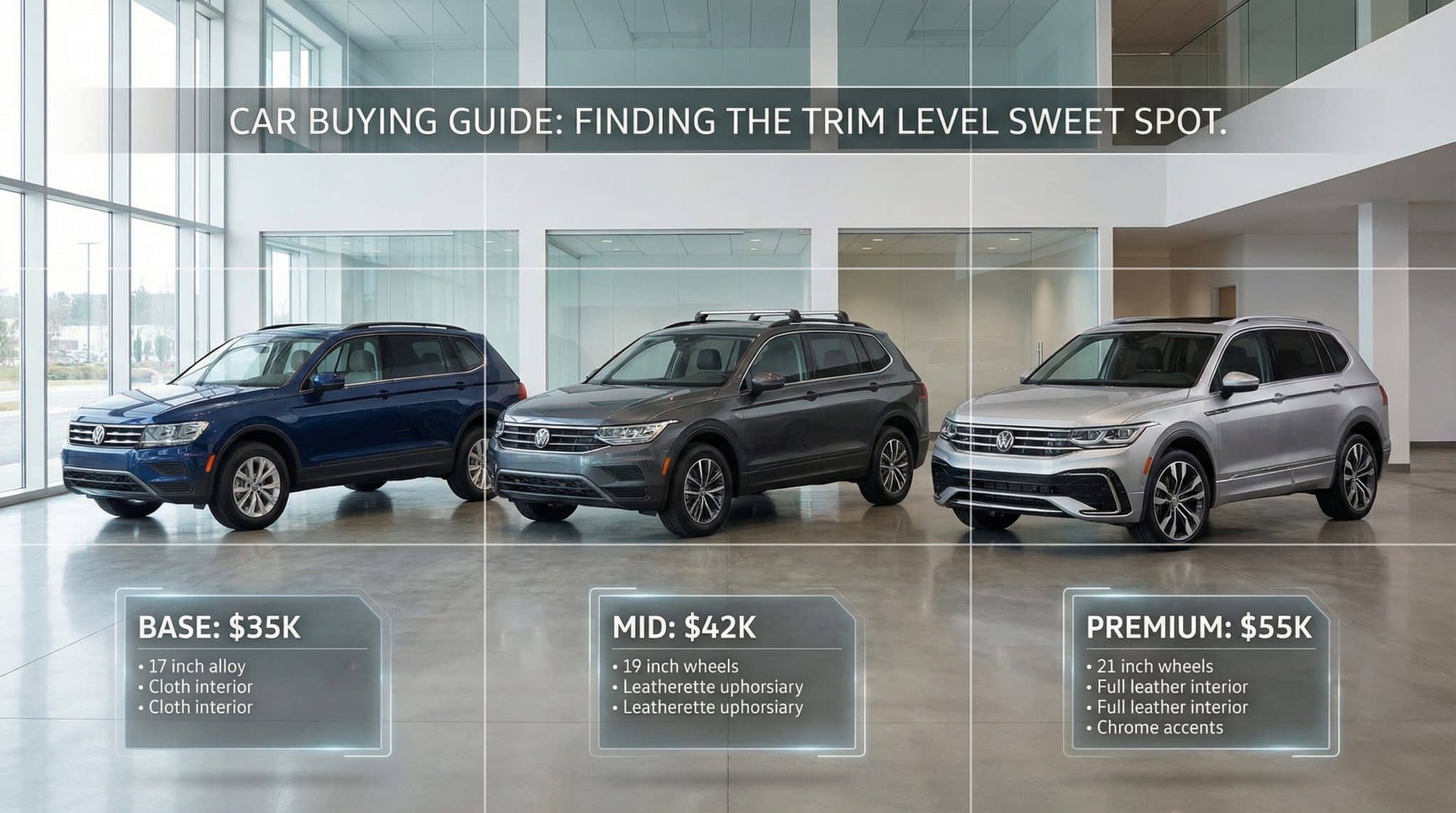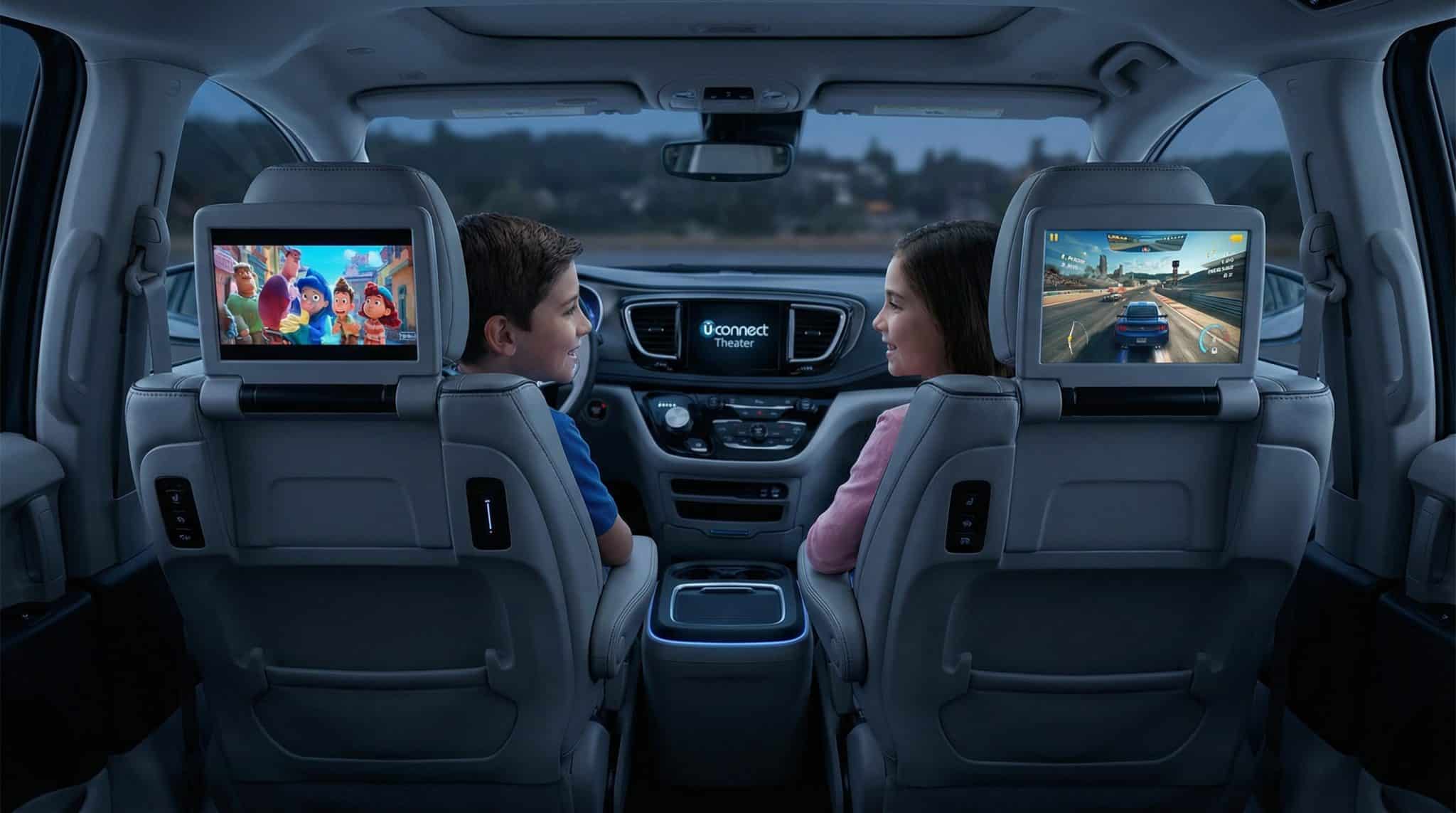When my car didn’t start one chilly morning, I knew the battery was done. I grabbed my phone and typed in the question most of us ask in that moment: how much is a car battery? What I found surprised me.
Prices ranged widely, from low-cost options to expensive ones for hybrid and electric vehicles.
I spent hours comparing brands, checking specifications such as cold cranking amps, and determining installation costs.
If you’re going through the same thing, I’ve pulled everything I learned into this guide to make your search easier.
I’ll walk you through the cost of a new car battery, what factors drive the price up or down, and how to ensure you’re getting the right one for your vehicle without overspending.
Let’s get into it.
How Much Does a New Car Battery Typically Cost?
Wondering how much a new battery for your car costs? Most standard car batteries fall within a price range, depending on their type, size, and performance.
Basic lead-acid batteries are typically the most affordable, with prices ranging from $50 to $120.
On the other hand, AGM batteries (Absorbent Glass Mat), designed for modern electronics and start-stop systems, can cost between $150 and $200.
Economy batteries are usually on the lower end of the spectrum, while mid-range options are moderately priced, around $120 to $150.
Premium models, which are suited for larger or luxury vehicles, can go up to $200 or more.
For hybrid and electric vehicles, advanced battery packs are required and can cost significantly more, ranging from $500 to several thousand dollars, depending on the vehicle type and battery size.
Understanding where your car fits in helps you choose the right battery, so you don’t overspend or compromise on performance.
Comparing Car Battery Prices by Type and Vehicle
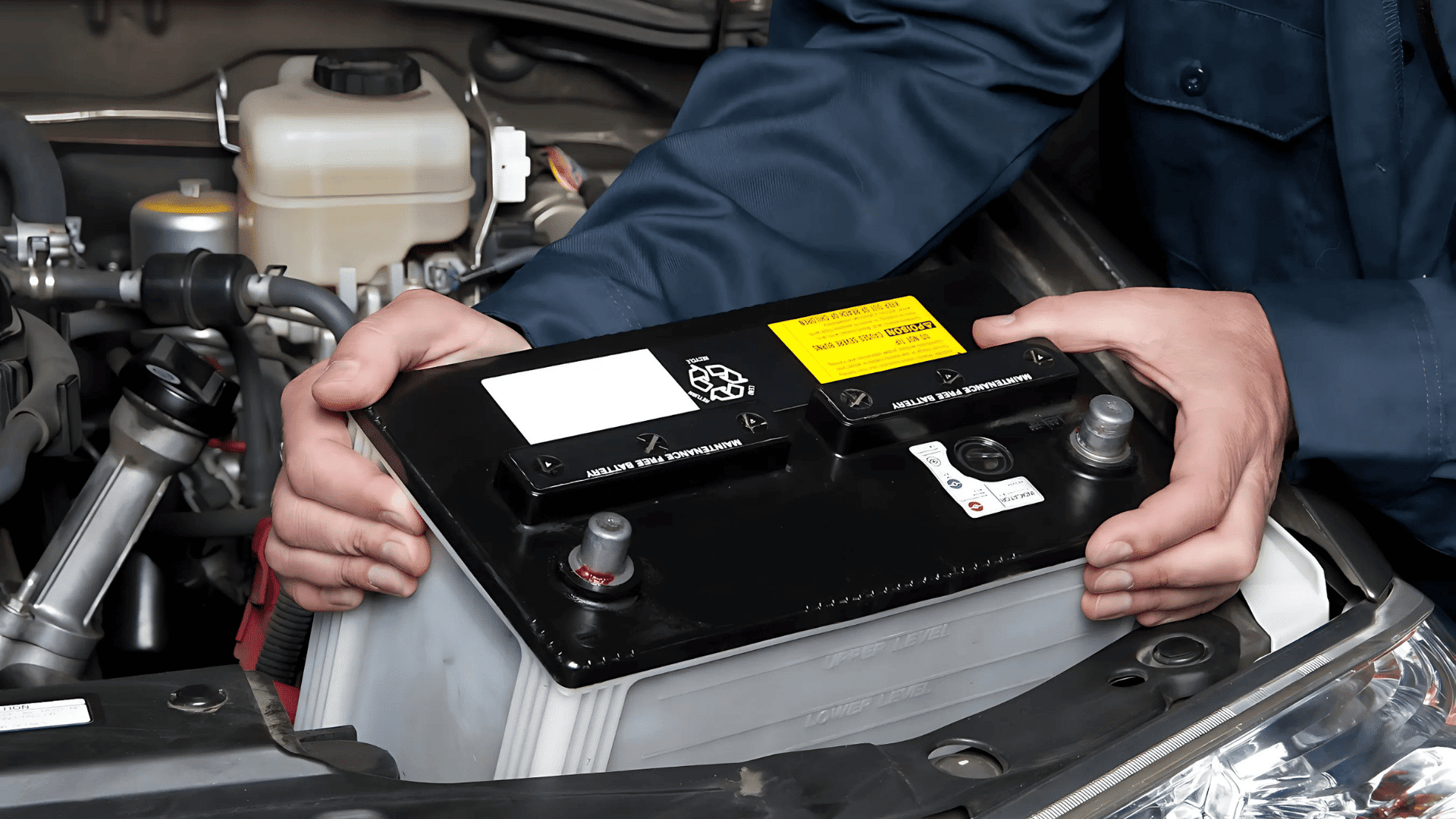
Car battery prices vary widely depending on the type of battery and the kind of vehicle you drive. Some cars use basic lead-acid batteries, while others rely on advanced systems built for power or efficiency.
| Battery Type | Vehicle Type | Price Range |
|---|---|---|
| Lead-Acid (Standard) | Compact / Sedan | $50 – $120 |
| AGM (Absorbent Glass Mat) | SUV / Truck / Luxury | $150 – $200 |
| Deep Cycle | Marine / RVs | $150 – $300 |
| Hybrid Battery Pack | Hybrid Cars (e.g., Prius) | $500 – $1,500 |
| EV Battery Pack | Electric Cars (e.g., Tesla) | $5,000 – $15,000+ |
These figures provide a general sense of what to expect; however, costs may vary depending on the brand, location, or installer. Always check your car’s exact fit and power requirements before making a purchase.
Factors That Affect How Much a Car Battery Costs
The cost of a car battery isn’t just about size or brand. Several factors come into play when determining your payment. From the type of battery you choose to the demands of your vehicle, each piece can shift the price up or down.
1. Vehicle Make and Model
The kind of car you drive plays a big role in how much you’ll pay for a battery. Standard sedans typically use basic batteries that are widely available and more affordable.
On the other hand, foreign or luxury vehicles often require batteries with unique dimensions or special electrical requirements, which can cost more and may be harder to find.
Trucks and SUVs typically require larger, more powerful batteries to handle the increased electrical loads. These larger batteries generally carry a higher price tag than those used in compact or mid-size vehicles.
2. Battery Technology
Battery technology affects both performance and price. Basic lead-acid batteries are the most budget-friendly but tend to have shorter lifespans and lower durability.
Absorbent Glass Mat (AGM) batteries, on the other hand, are designed for better performance. They recharge faster, handle deep cycling well, and work reliably with systems like start-stop engines.
They’re also spill-proof and more resistant to vibrations, which adds to their safety and longevity.
3. Cold Cranking Amps (CCA)
Cold cranking amps, or CCA, measure a battery’s ability to start a car in cold temperatures. If you live in a region with harsh winters, having a battery with a high CCA rating is essential for reliable starts.
These batteries provide more power to turn the engine over when it’s freezing outside. However, higher CCA usually means a higher price.
Batteries designed for extreme weather conditions are more durable and efficient, but they come with a higher upfront cost compared to lower CCA options used in milder climates.
Installation Costs: What Additional Expenses Can You Expect?
Along with the price of the battery itself, you should also consider the installation cost. Knowing your options helps you decide if it’s worth doing it yourself or leaving it to the pros.
- Basic Installation at Auto Shops: Retailers like AutoZone or Walmart often offer free battery installation if you purchase it from them. This makes it a quick and low-hassle option for most drivers.
- Mechanic or Dealership: Going through a mechanic or dealership usually means paying a labor fee. Depending on the shop and the complexity of your vehicle, it can add a moderate cost to the total replacement.
- DIY Installation: If you’re comfortable with tools, installing a battery yourself is a doable task. Just make sure to follow safety steps and recycle the old battery properly.
Signs You Need a New Car Battery
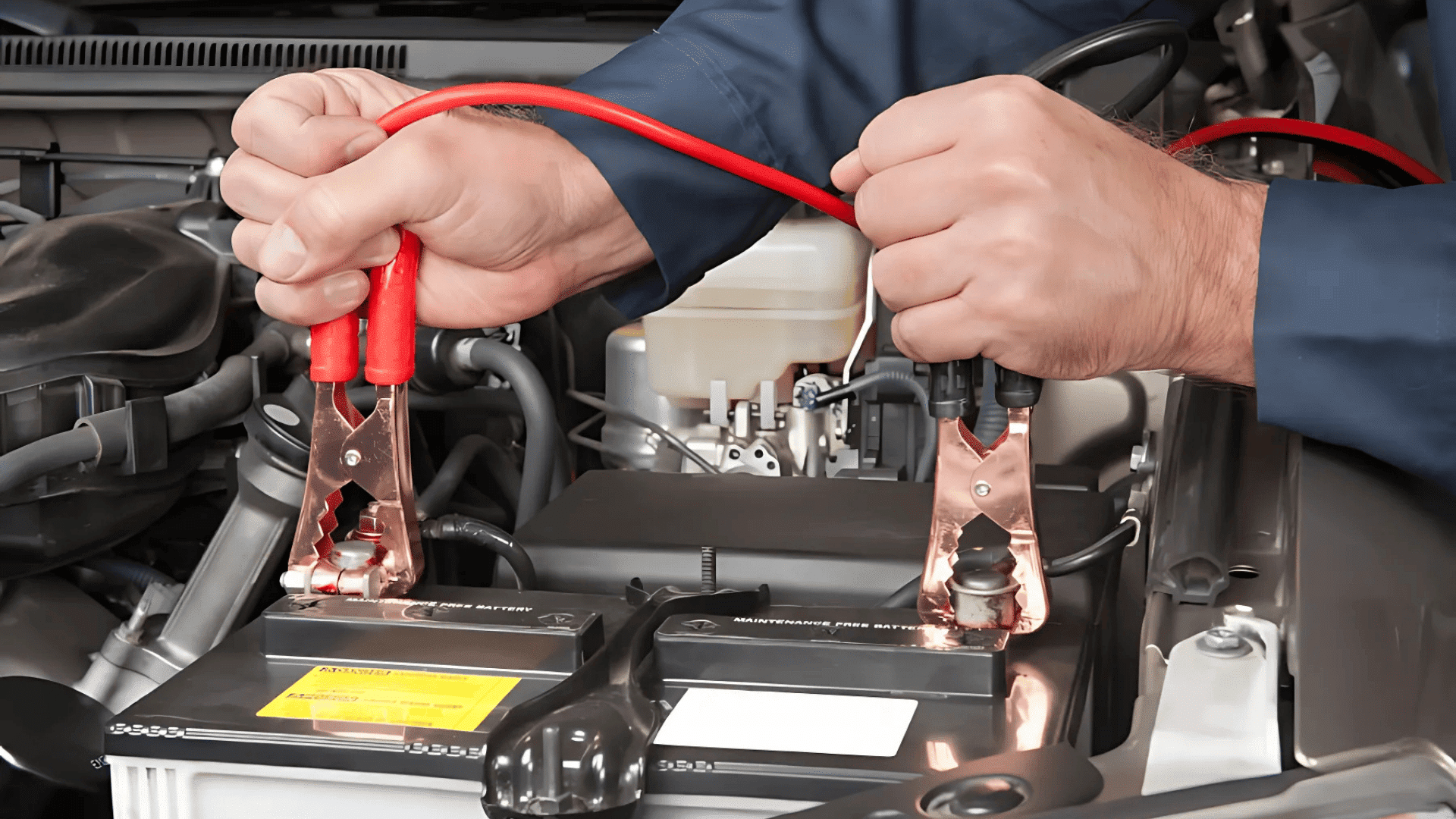
Paying attention to early warning signs helps you catch the issue before it turns into a bigger problem. Here are some of the most common symptoms that indicate your car battery may be nearing the end of its life.
1. Slow Engine Crank
If your engine takes longer than usual to start or sounds sluggish, it may indicate that the battery is beginning to weaken. The starter motor needs a strong voltage to turn the engine over.
A battery losing its charge can’t deliver that power. If this happens more than once, it’s a warning that the battery may be failing.
It’s smart to get it tested before it leaves you stranded somewhere. Catching the problem early can save you from breakdowns and costly bills.
2. Dim Lights or Electrical Issues
A weak battery doesn’t just affect the engine. If your headlights seem dim, your dashboard lights flicker, or your power windows move slowly, your battery may be the reason.
Electrical problems are often the first signs that the battery isn’t holding enough voltage. These issues typically appear before the car fails to start, giving you a heads-up.
Pay attention to these small changes so you can replace the battery before it runs out of power.
3. Old Age
Car batteries have a limited lifespan and usually start to decline after a few years. If your battery is older, it’s wise to watch for signs such as slow starts, corrosion, or swelling.
Even if it still works, it may not last much longer. Regular battery testing can tell you how much life is left.
Replacing it before it fails can keep you from being stuck with a dead car at the worst time. Planning makes things easier.
Tips to Extend Battery Life
Replacing a battery isn’t cheap, so taking care of the one you have can save you money and stress. A few simple steps can help your car battery last longer and perform better.
- Keep it Clean: Dust, grime, and corrosion on the terminals can interfere with the battery’s connection. Use a wire brush to clean them every few months for optimal performance, being gentle.
- Avoid Short Trips: Short drives don’t give your alternator enough time to recharge the battery. Over time, this process drains it, leading to early failure, especially during colder months.
- Disconnect When Storing: If you plan to leave your vehicle unused for several weeks, disconnect the battery or connect a trickle charger. This prevents it from draining while parked.
Where to Buy and Save on Car Batteries
Purchasing a car battery doesn’t have to be costly if you know where to shop. Some stores offer low prices without extras, while others provide additional services such as testing, warranties, and installation.
1. Big Box Retailers
Walmart, Costco, and Sam’s Club provide a variety of affordable batteries, often with good warranty coverage. They may allow returns of used batteries for store credit.
While installation isn’t always included, the savings on the batteries can offset that cost.
2. Auto Parts Stores
AutoZone, Advance Auto Parts, and O’Reilly offer not just batteries but also extra services. You can have your current battery tested for free, and they’ll often install a new one at no additional charge.
They also handle recycling, so you don’t need to worry about disposal.
3. Online Retailers
Websites like Amazon, RockAuto, and Battery Mart provide a variety of batteries with user reviews, allowing you to compare brands, prices, and specifications easily.
Be prepared to install the battery yourself or hire a professional, and carefully review the return policies and warranty terms.
The Bottom Line
When someone asks me how much a car battery costs, I always say it depends.
After researching and replacing my own, I noticed how pricing varies depending on vehicle type, battery technology, and where you choose to buy or install it.
From affordable standard batteries to premium models and high-cost hybrid or EV packs, there’s something for every situation.
If you’re unsure which battery fits your car, check your owner’s manual or visit a local auto parts store for a free test.
If this guide helped you even a little, take a moment to share the blog with a friend or family member. They might be asking the same question, and now you’ve got the answer.


